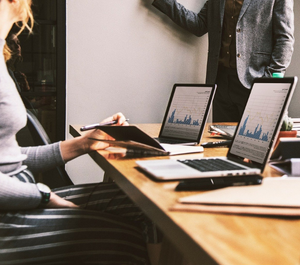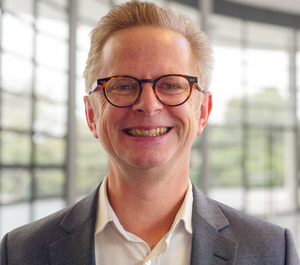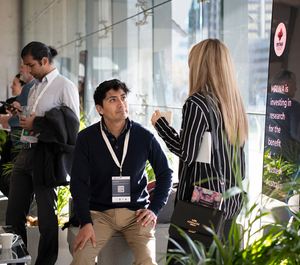Alternative Use of Tailings and Waste
Turning Mine Tailings and Waste Challenge into Business and Social Opportunities
The Challenge
Mining waste is one of the largest waste streams generated globally, estimated to exceed 100 billion tons every year. Our goal is to enable scientific advances and technology development for mining waste valorization and resource recovery, contributing to environmental protection and creating business and social opportunity for Western Australia.
Context
Australia produces large volumes of mine waste across a range of commodities, as tailings, waste rock and pyrometallurgical wastes. This is a growing problem with the volume of tailings expected to double by 2035, as the transition to renewable energy increases the demand for critical minerals.
One way to better manage mine waste is repurposing it and turning it into valuable resources. Mine waste can contain concentrations of critical metals and minerals currently in short supply. The value of precious, critical, and strategic metals contained in tailings worldwide is estimated to exceed US$3.4 trillion.
The residual mineral fraction in the tailings can be valorised, for example, upcycled into high-value products such as materials for the construction and ceramic industry, low-carbon geopolymer concrete and mineral fertilisers, or downcycled for backfilling, road construction and carbon capture (mineral carbonation).
Creating a circular economy for mine residues creates cost-effective benefits through offsetting raw material requirements, reducing the carbon footprint associated with obtaining them, and reducing the volumes of waste and related environmental impacts. It also delivers social benefits, boosting job creation, manufacturing self-sufficiency and opportunities for regional growth.
Current Activities:
- M10488 – Alternative use of tailings and waste-Stakeholder Engagement Workshops
- M10487 – Accelerating Consolidation of Mine Tailings using Electro‐osmosis Dewatering Technology (MRIWA PhD Scholarship)
- M10482 – Circular Economy Assessment and strategy GHD
- M10476 – Opportunities for growth in Australian Mine closure solutions (MCS) industry.
- M10458 – Mine Pit Lake Assessment and Management: A National Initiative to Support Mine Closure and Regional Opportunities.
- M10408 – Integrating field monitoring and numerical modelling to better quantify the stability of tailings storage facilities (MRIWA PhD Scholarship)
- M0533c & M0533d – FBI CRC Process Legacy
- M0510 – Safe, sustainable management of filtered tailings
Get involved

Apply for Funding
Talk to us about available research funding opportunities for your alternative use of tailings and waste projects.


Join the Conversation
Sign up to receive the latest news and updates from MRIWA direct to your inbox.
Page was last reviewed 18 July 2024
